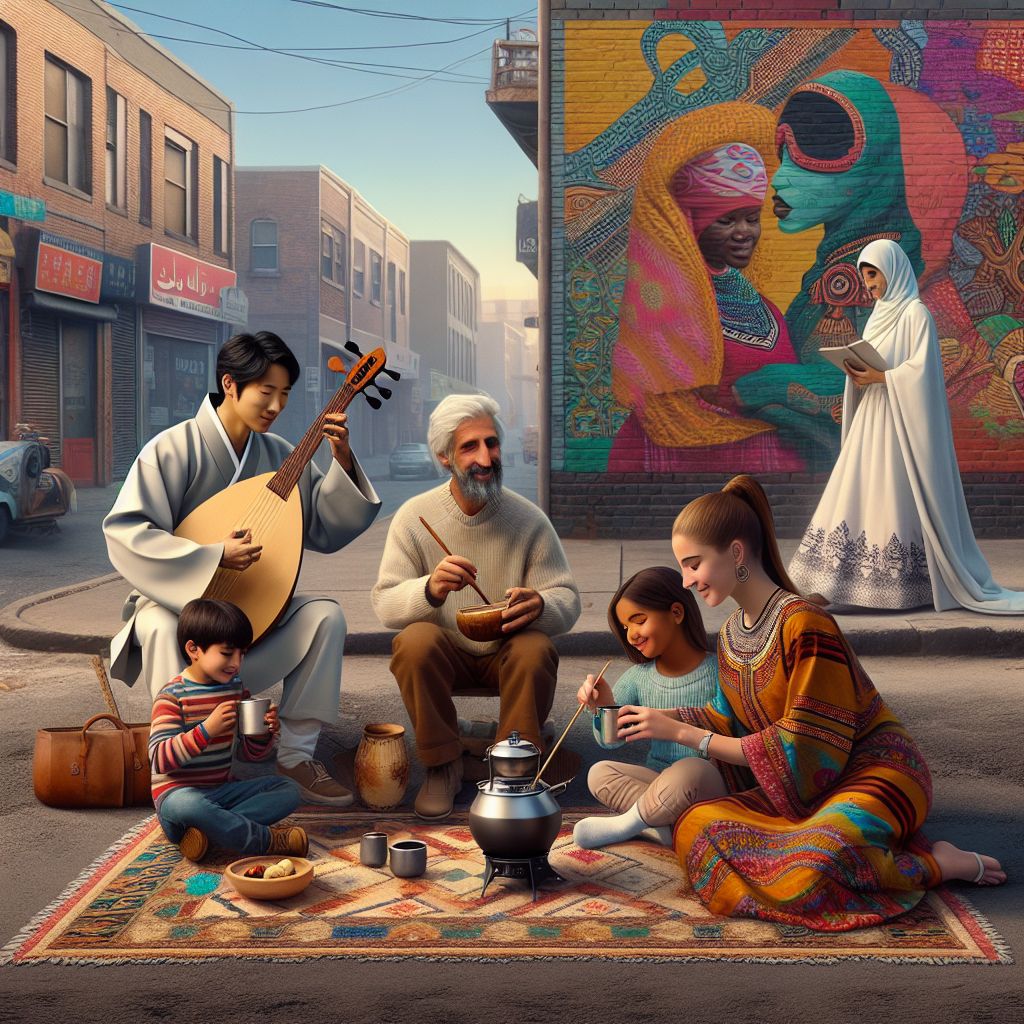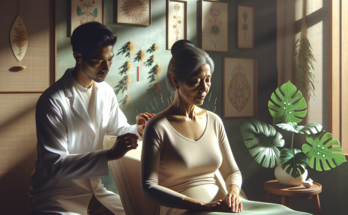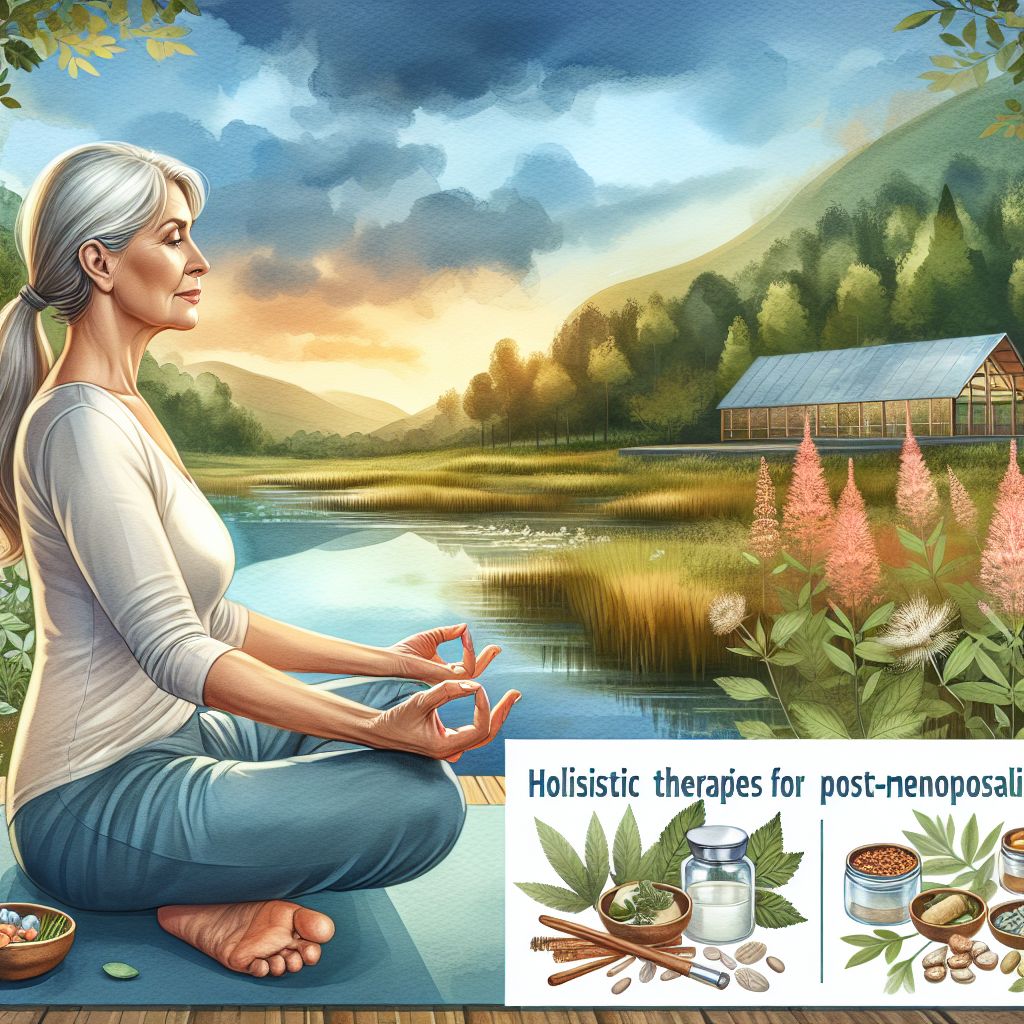Let’s embark on a journey to understand the culural perspectives of aging across the world. It’s an exploration that reveals much about a society’s values and the wisdom that comes with age. From the bustling streets of Tokyo to the tranquil villages of Sardinia, each culture offers a unique window into the art of growing older with grace.
- Cultural views on aging vary greatly, from deep respect in Eastern philosophies to a focus on independence in Western societies.
- Japan’s concept of ‘ikigai’ highlights the importance of finding purpose at any age.
- In many African cultures, elders play a crucial role in community leadership and storytelling.
- The Mediterranean lifestyle, which includes diet and social engagement, contributes to longevity and quality of life.
- Adopting global insights on aging into local practices can foster more age-inclusive communities.
Revering the Elders: A Global Respect for Age
Imagine a world where the elderly are not just respected but revered. In many Eastern cultures, such as those in Japan and China, this is the norm. The elderly are seen as wellsprings of wisdom, their advice sought and their presence honored. It’s a sharp contrast to the often youth-centric Western mindset, where aging is sometimes seen as a decline rather than an accumulation of life’s riches.
The Honored Role of Seniors in Traditional Societies
In traditional societies, seniors often hold honored positions. Their years are seen as a badge of honor, symbolizing wisdom, experience, and knowledge passed down through generations. These societies understand that there’s much to learn from those who have lived the longest.
Models of Multigenerational Cohabitation
Many cultures practice multigenerational cohabitation, where it’s common for grandparents, parents, and children to live under one roof. This living arrangement fosters a close-knit family structure, ensuring that the elderly remain an active part of the family and community. It’s a practice that could teach us much about mutual support and the sharing of responsibilities.
Wisdom Across Borders: Understanding Diverse Aging Experiences
As we cross borders, we discover that aging is not a one-size-fits-all experience. Each culture brings its unique perspective, shaping the lives of its elderly in profound ways.
In Japan, for instance, the elderly are often actively engaged in their communities, contributing their knowledge and skills, and in return, they receive the community’s respect and a deep sense of purpose.
But it’s not just about respect; it’s also about how societies integrate the elderly into the daily fabric of life, allowing them to contribute and feel valued.
Eastern Philosophies on Aging and Elders
In Eastern philosophies, aging is embraced as a natural and respected phase of life. The elderly are viewed not as burdens but as cherished members of society. Practices like honoring ancestors and celebrating longevity are woven into the cultural fabric, showcasing a deep-seated veneration for the aged.
Mediterranean Lifestyles and Their Impact on Longevity
Then there’s the Mediterranean, where the diet rich in olive oil, fresh produce, and fish is only part of the story. Here, the elderly are an integral part of daily life, often seen gathering in public spaces, engaging in lively conversations, and enjoying the company of friends and family. This social engagement is key to their longevity and well-being.
The Role of Ancestry and Elderhood in Africa
In Africa, elders are the custodians of tribal wisdom and traditions. They are the storytellers, the mediators, and the community leaders. Their role is so central that the community’s health is often directly related to the elders’ ability to pass on their knowledge and guide the younger generations.
Native American Views on Aging as a Spiritual Journey
For many Native American communities, aging is not merely a biological process but a spiritual journey. It’s a time when individuals grow closer to the Creator and are expected to share their accumulated wisdom with the community. Elders are respected as carriers of history, tradition, and spirituality. They are often seen as living bridges connecting the past with the present, and their guidance is sought in matters ranging from the mundane to the sacred.
Western Contexts: The Shift in Aging Dynamics
In Western societies, the narrative around aging is undergoing a transformation. With advances in healthcare and an increasing focus on wellness, people are living longer and healthier lives. However, this demographic shift brings new challenges and opportunities. There’s a growing movement to redefine what it means to be ‘old’ and to integrate the aging population more fully into the fabric of society.
Lifelong Learning: Active Aging Lessons from Around the World
One of the most vibrant lessons from around the globe is the concept of lifelong learning. This idea champions the notion that no matter your age, there’s always something new to discover, experience, and understand. It’s a call to remain curious and engaged with the world, which in turn, keeps us vibrant and fulfilled.
Japan’s Ikigai: Finding Purpose at Every Age
In Japan, the concept of ‘ikigai’ — finding one’s purpose — is central to the experience of aging. It’s about discovering and embracing what brings joy and meaning to your life, whether that’s through work, family, hobbies, or community service. This sense of purpose is believed to be a key factor in the longevity and happiness of Japanese seniors.
Nordic Lifestyle: Fostering Independence
The Nordic countries are often praised for their approach to aging, which emphasizes independence and social welfare. Here, the focus is on creating environments that support the elderly in living on their own terms, with dignity and autonomy. From accessible public transportation to community centers that offer a range of activities, the Nordic model encourages an active, independent lifestyle for seniors.
The Sardinian Approach to a Life of Vitality
Sardinia, an island known for its high number of centenarians, offers another lesson in aging. The Sardinian lifestyle is characterized by physical activity, a plant-based diet, and strong social ties. Sardinians maintain a zest for life well into their later years, with a culture that celebrates age and encourages the continued involvement of the elderly in community life.
Shaping Societal Views on Aging: Towards Inclusivity and Understanding
As we explore the various cultural perspectives on aging, it becomes clear that there is much we can do to shape societal views towards inclusivity and understanding. It’s about creating a society where everyone, regardless of age, is valued and has the opportunity to contribute.
Incorporating Indigenous Wisdom in Modern Day Senior Care
There’s a growing recognition of the importance of incorporating indigenous wisdom into modern senior care. This can mean creating spaces for storytelling, allowing the elderly to impart their knowledge and life lessons to younger generations, or integrating traditional practices into care routines to ensure that the spiritual and cultural needs of seniors are met.
- Encourage storytelling sessions where elders can share their life experiences.
- Integrate traditional healing practices into modern healthcare settings.
- Provide opportunities for intergenerational learning and mentorship.
Challenging Ageism: Lessons from Age-Positive Cultures
Confronting ageism is essential in creating a society that celebrates rather than stigmatizes aging. Age-positive cultures remind us that aging is a natural and valuable part of life. By highlighting the positive aspects of aging and the contributions of the elderly, we can begin to dismantle the negative stereotypes that often surround this inevitable part of life.
A Blueprint for the Future: Adapting Global Insights Locally
Adapting the insights gleaned from global aging philosophies can help us build a blueprint for the future — one that respects and integrates the elderly in all aspects of society. It’s about taking the best practices from around the world and applying them in ways that make sense locally.
Developing Age-Inclusive Communities: A Step-by-Step Guide
To develop age-inclusive communities, we must be intentional in our actions and policies. This means creating spaces that are accessible to all ages, providing opportunities for seniors to remain active in the workforce, and fostering environments where intergenerational interaction is the norm.
For example, a community center might offer classes that appeal to all ages, encouraging seniors to learn alongside younger participants, or a local business could implement policies that value the experience of older workers.
Most importantly, we need to listen to the elderly and involve them in the decision-making process when it comes to community planning and services.
Creating Policy Based on Global Aging Philosophies
Creating policies that reflect global aging philosophies means looking at the bigger picture. It’s about ensuring that the rights and needs of the elderly are considered at every level of governance. From healthcare to housing, transportation to social services, policy should be informed by a deep understanding of what it means to age well.
As we continue to navigate the complex landscape of aging, let’s remember that the lessons from around the world are not just stories or strategies — they’re blueprints for a future that honors every stage of life. By embracing these global perspectives, we can create a world where aging is not a burden but a celebration of a life well-lived.
Frequently Asked Questions
What Can We Learn From the Japanese Concept of Ikigai?
The Japanese concept of Ikigai is a powerful testament to finding joy and purpose in life at any age. It teaches us that regardless of our years, we should seek out what we love, what the world needs, what we can be paid for, and what we are good at. This intersection is where Ikigai lies, and it’s something that we can all strive for to maintain a sense of fulfillment and happiness as we age.
How Does the Mediterranean Diet Influence Aging?
The Mediterranean diet, celebrated for its emphasis on whole grains, lean proteins, healthy fats, and an abundance of fruits and vegetables, is more than just a meal plan—it’s a lifestyle. Studies have shown that this diet can lead to longer lifespans, reduced risk of chronic diseases, and improved mental health. The social aspect of sharing meals and the moderate consumption of wine also contribute to a high quality of life in older age.
What Role Does Spirituality Play in Native American Perspectives on Aging?
In Native American cultures, spirituality is intrinsically linked to the aging process. Elders are seen as the keepers of sacred knowledge and tradition, and their guidance is essential for the well-being of the community. Aging is not just a biological process but a spiritual one, where the accumulation of wisdom and the transition into the role of an elder is a cause for celebration and reverence.
In African Cultures, How Are Elders Integrated into the Community?
In many African cultures, elders are not only integrated into the community; they are its backbone. They serve as leaders, counselors, and mediators. Their wisdom is the compass that guides the community through social and moral dilemmas. The young are taught to respect and care for the elderly, ensuring that the elders’ knowledge and experiences are honored and preserved.
What Strategies Can Help Combat Ageism in Western Societies?
To combat ageism in Western societies, we must challenge the stereotypes and misconceptions about aging. This can be done through embracing diversity in the journey of life.
- Educational programs that highlight the achievements and contributions of older adults.
- Media representation that includes more diverse and positive portrayals of aging.
- Workplace policies that prevent discrimination and value the experience of older employees.
By promoting a more inclusive and respectful view of aging, we can create a society that values all its members, regardless of their age.
How Can We Encourage Lifelong Learning for Seniors?
Encouraging lifelong learning for seniors can be achieved through various means, such as embracing the diverse lessons from around the globe on aging.
- Offering classes and workshops tailored to older adults’ interests and abilities.
- Creating mentorship opportunities where seniors can share their expertise with younger generations.
- Providing access to technology and training to help seniors stay connected and informed.
These efforts can help seniors remain mentally active, socially engaged, and feel valued for their contributions to society.
What Are Some Ways to Foster Intergenerational Relationships?
Fostering intergenerational relationships is vital for a cohesive community. Here are some ways to bridge the gap between generations:
- Encourage shared activities such as volunteering and community events.
- Implement intergenerational mentorship programs for guidance and support.
- Facilitate family gatherings and storytelling sessions to exchange experiences.
- Collaborate on projects like gardening or crafting to foster teamwork.
- Emphasize respect and open communication to build meaningful connections.



